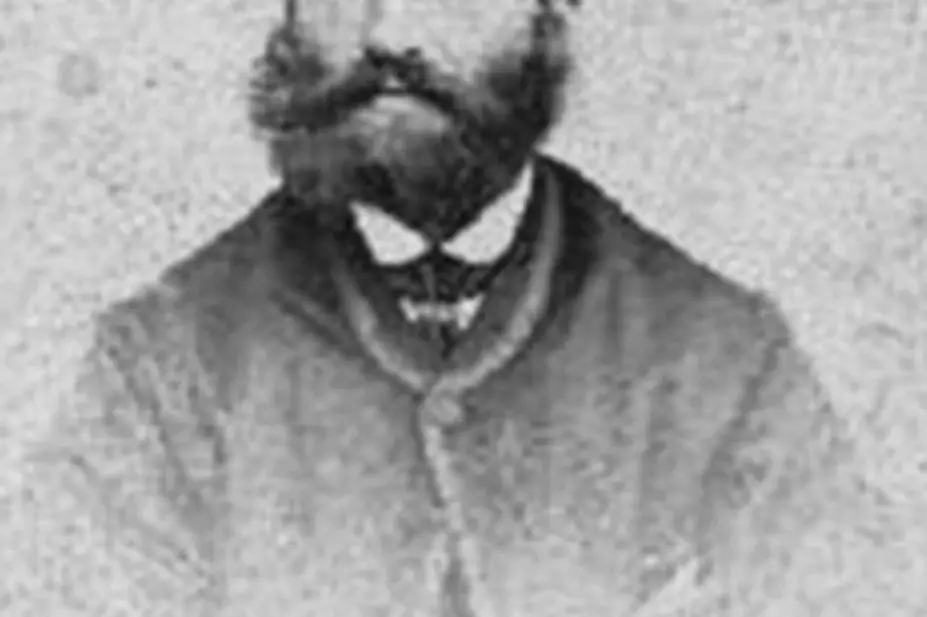
James Parkinson, who discovered the shaking palsy that established Parkinson’s as a recognised medical condition, died 190 years ago on 21 December 1824
James Parkinson may be the only man to have both a disease and a fossil species named after him.
The surgeon, apothecary, geologist, palaeontologist and political activist who died 190 years ago on 21 December was the first to describe ‘paralysis agitans’, a condition later renamed Parkinson’s disease in his honour. And Parkinsonia dorsetentsis, a species of ammonite, was named after him in recognition of his seminal observations on sedimentary rocks and the fossil record.
Parkinson lived most of his life and practised medicine at 1 Hoxton Square in Shoreditch. He took over his father’s practice there, qualifying as a surgeon shortly after his father’s death in 1784. He operated as a general practitioner in Hoxton for several decades, but was also heavily involved with the welfare of patients with mental health problems, working at the Hoxton madhouses for many years.
Parkinson was elected a fellow of the Medical Society of London in 1787. And he was heavily involved in the Association of Apothecaries, being elected president in 1817.
It was also in 1817 that James Parkinson published his ‘Essay on the shaking palsy’. In this, he described the condition’s “involuntary tremulous motion, with lessened muscular power, in parts not in action and even when supported; with a propensity to bend the trunk forward, and to pass from a walking to running pace.” His landmark observations, made 140 years before levodopa was used to treat the condition, were formally recognised when ‘the founder of modern neurology’ Jean-Martin Charcot renamed the condition Parkinson’s disease some 60 years later.
An ardent social reformer and activist who championed many causes, it was through his membership of the controversial London Corresponding Society that Parkinson became embroiled in the scandal surrounding an alleged attempt to assassinate King George III. Some Society members were imprisoned pending trial but the charges were later dropped.
Parkinson’s interest in science was wide-ranging. He wrote the ‘Chemical Pocket Book’, a layperson’s guide to chemistry that ran to several editions. He became a founder member of the Geological Society in 1807 and wrote some important studies on fossils. Other honours bestowed on this remarkable man include an honorary gold medal from the Royal College of Surgeons for his work on fossils and an honorary medal from the Royal Humane Society for helping to resuscitate a man who had hanged himself. World Parkinson’s Day is held each year on his birthday, April 11.


